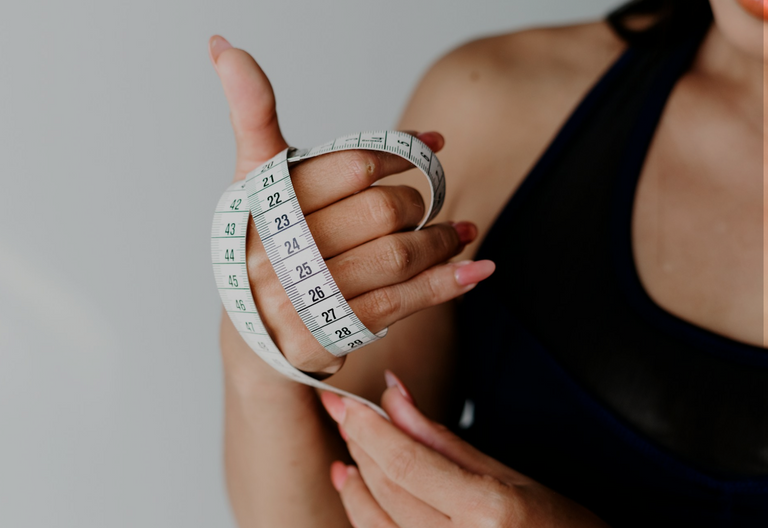Vitamin B12 Tracking
CHF 99
- Checks vitamin B12 levels in your blood
- Take your sample from home, analysis by Swiss lab
- Results online in 2-3 days
Reasons to test
Who should test vitamin B12 Status?
Vegans & vegetarians
Vegans & vegetarians are at a high risk of Vitamin B12 deficiency because a plant-based diet does not contain any Vitamin B12. Testing once a year is strongly recommended.
Pregnant women
During pregnancy, the body requires more Vitamin B12 than normal. Get tested to make sure that you have not developed a deficiency, especially if you follow a plant-based diet.
People taking one of these medications
Medications such as PPI and H2 blockers (for heartburn and other acid-related disorders) as well as Metformin (for diabetes) can lead to Vitamin B12 deficiency.
People with one of these conditions
You have a high risk of vitamin B12 deficiency if you have Morbus Crohn or had a gastric bypass surgery, because your body cannot resorb Vitamin B12 well.
Testing is simple, convenient and fast
What it tests for
Learn more about vitamin B12 and its function in the body
Which role does vitamin B12 play for our health?
Vitamin B12 has various jobs in our body.
For example, it is necessary for:
- DNA synthesis
- maintenance of myelin sheaths (very important for our nerves to function properly)
- synthesis of neurotransmitters
- blood cell production
- overall brain health
How do we take in vitamin B12?
Humans take in vitamin B12 by eating animal products like meat, fish and milk products.
Important to know: there is no 'natural' occurence of vitamin B12 in plants.
Therefore, vegans and vegetarians are at a high risk of Vitamin B12 deficiency unless they take supplements.
Which symptoms does vitamin B12 deficiency cause?
Common symptoms of vitamin B12 deficiency include:
- tingling in the hands and feet
- problems with balance
- confusion
- dementia
- weakness
- loss of appetite
- anemia
What causes vitamin B12 deficiency?
Vitamin B12 is only found in animal products such as meat, fish and milk.
Therefore, if you are vegetarian or even vegan, you are very likely to not take in enough vitamin B12 through your diet.
Other causes can be issues with resorption of vitamin B12 in your intestines due to gastrointestinal diseases like Morbus Crohn, medication such as PPI, H2-receptor blockers or if you had gastric bypass surgery.
How is a vitamin B12 deficiency treated?
Vitamin B12 deficiency is treated by "re-filling" your vitamin B12 stores through supplements or vitamin B12 injections.
How can I avoid a vitamin B12 deficiency?
If you are vegan or vegetarian and therefore unlikely to take in enough vitamin B12 through your normal diet, the most effective way to prevent vitamin B12 deficiency is to continuously take vitamin B12 supplements (tablets, drops or even chewing gum or tooth paste).
Additionally, you should test your vitamin B12 levels once a year to catch low vitamin B12 levels before they develop into a deficiency.
What we do to protect your health & privacy
What our customers have to say
FAQ
Your Questions, Answered
How quickly will I receive my test?
From Monday to Friday, all orders submitted before 16:00 are shipped on the same day and will usually arrive on the next working day including Saturday. All tests ordered over the weekend are shipped on Monday and usually arrive on Tuesday.
How will my test be delivered?
All tests are delivered by Swiss Post in envelopes or parcels without any outside markings.
Will I be able to take my sample correctly without any medical training?
You do not require any medical training to use our tests. We provide very detailed instructions on how to take your sample and several thousand customers have already successfully taken their tests.
How do I return my sample to the lab for analysis?
Your sample is analysed by one of our laboratory partners Medisyn, Bioanalytica or MCL / Dr. Risch, which are part of Sonic Suisse, Switzerland’s largest laboratory group.
Who analyses my sample?
Your sample is analysed by our laboratory partner Medisyn (formerly known as Synlab). Medisyn is one of the largest laboratory service providers in Switzerland. You might have encountered them during COVID.
Are the results as reliable as from a doctor's office?
All analyses included in this test are also offered through doctors' offices by our laboratory partners Medisyn, Bioanalytica and MCL / Dr. Risch. You effectively receive the same test, you only collect the sample from home instead of at the doctor's office.
The sample collection is completed with a certified device for self-collection of a capillary blood sample.
Medisyn, Bioanalytica and MCL / Dr. Risch are part of the largest laboratory group in Switzerland and use state-of-the-art technology for analysis of all samples.
How long does it take to receive my results?
Your results are generally available online 2-3 working days after you have sent your sample to the lab for analysis.
Will I be able to understand my results without any medical training?
All tests results are easily understandable without any medical training and include clear explanations.










